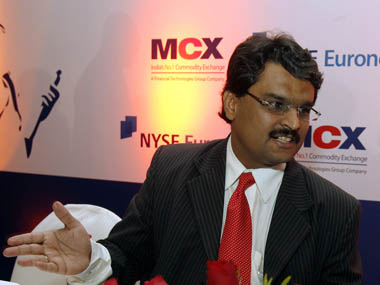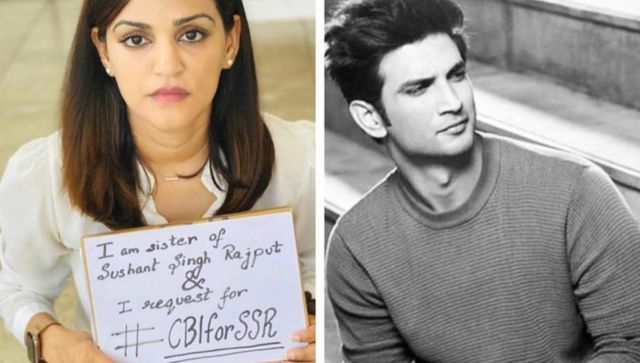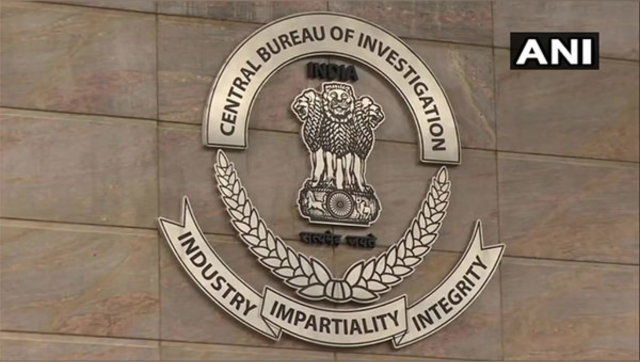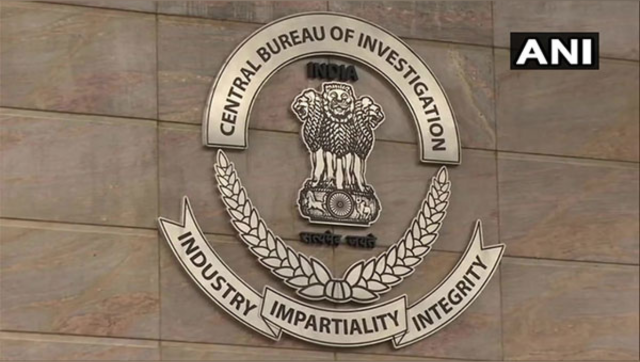The last word has not been said in the curious case of Jignesh Shah, once described as the poster boy of Indian commodities market and now in police custody for allegedly abetting in money laundering in the NSEL payment defaults.
His arrest happened on July 12, 2016, the second time in a span of two years, and the following day, July 13, he was remanded to police custody till July 18.
The Enforcement Directorate (ED), functioning under, and at the behest of, the finance ministry, which sought his custody, argued Shah was at the ‘brain’ behind multi-layered transactions allegedly as a front to launder Rs 76 crore.
The ED claimed Rs 114 crore was remitted by defaulters of the beleaguered NSEL to subsidiary companies of FTIL, but the transactions on NSEL platforms were “bogus and artificially exaggerated”.
The ED even detailed how Shah created these subsidiaries and sister companies, including the Indian Bullion Market Association (IBMA) and the National Bulk Handling Corp (NBHC) to route illegal cash and project it as untainted.
But what set the cat among the pigeons was the way Shah was arrested. Called for interrogation, he was asked to stay back and eventually informed he would be arrested.
What was more surprising was the fact that charges presented by the ED were already there in the first charge sheet filed in the court. Do you arrest again to file a supplementary charge sheet?
Worse, the investigating agencies have - by their own submission - informed the court that Shah has been more than cooperative during their probe and that no money trail was traced to Shah, as was started by Justice Thipsay while releasing Shah on bail nearly two years back from his previous judicial custody. So where was the need for another arrest, asked many in Mumbai, home to Shah?
The arrest was the perfect trigger for the anti-Shah gang to start their twitter trolls, at times appearing like lynch mob. They were encouraged by some politicians who - probably - felt if Shah was taken in, all the cash would return like a reverse Pied Piper tune.
Strangely, the trolls did not talk about the defaulters, and the fraudulent brokers, who lured the alleged investors or bogus traders to enter into bogus trades on NSEL for illegal arbitrage gains.
Sensing the legal reactions on the arrest, they argued that Shah was taken in only because Shreekant Javalgekar, President (Special Affairs), FTIL, was unable to offer evidences for the aforesaid transactions, and said it was Shah who was in control.
“Javalgekar stated that the ultimate beneficiary of the business activities of all the FTIL group companies was Shah as he was the majority shareholder of FTIL. Shah being in control of these entities can only throw light on the rationale behind these transactions,” read the ED remand application.
But didn’t he make the same submission earlier? And wasn’t this fact about Shah - he was the head of the conglomerate - known earlier to the ED, CBI, EoW of Mumbai Police probing the payment crisis?
Senior advocate Satish Manshinde said he was surprised at Shah’s arrest for money laundering because the case has been going on for more than two years.
“I am not comfortable the manner in which ED has used the law for something which is extremely, extremely widespread in India,” Maneshinde said in a telephonic interview.
Manshinde found instant support from senior advocate and MP, Majid Memon, who said Shah has been questioned on large number of occasions during the past months. “ED must have done all its exercise during those days and collected whatever papers or documents it wanted from him.”
Memon said the “ED definitely knows its business” but if it is focussed high on Shah, then it should also focus on 24 members or defaulters or the brokers as well or the second rung of the management that was at NSEL or FTIL. “I have not heard anything about them.”
The ED, which had no answers why it went slow on the defaulters and brokers, argued Shah’s custody was to have his custodial interrogation and should not be seen as punishment or humiliation.
“The arrest is purely to further a cause of investigation,” said an ED source, without elaborating which “bit of further investigation” the agency was seeking from Shah.
The arrest has had its impact in the Indian Capital where many called it “politically motivated”. Rajya Sabha member and senior advocate of Supreme Court, KTS Tulsi, said he was “sanguine” that Shah’s arrest was unconstitutional because a FIR is already in place and Shah had been arrested once, and was sent to judicial custody.
“The money trail has not been established, and the ED has not submitted any fresh evidence, they cannot force an accused to accept allegations,” said Tulsi.
“The investigating agencies want favourable judgements all time and becoming a bit desperate,” said the veteran lawyer.
So, the billion dollar question remains: Who gave the orders to ED to arrest Shah? No answers are forthcoming from the ED. Till that happens, Shah - in all probability - will have to be in custody. That is not good news for investors who lost cash in the NSEL crisis and beleaguered staffers of 63 Moons.


)




)
)
)
)
)
)
)
)